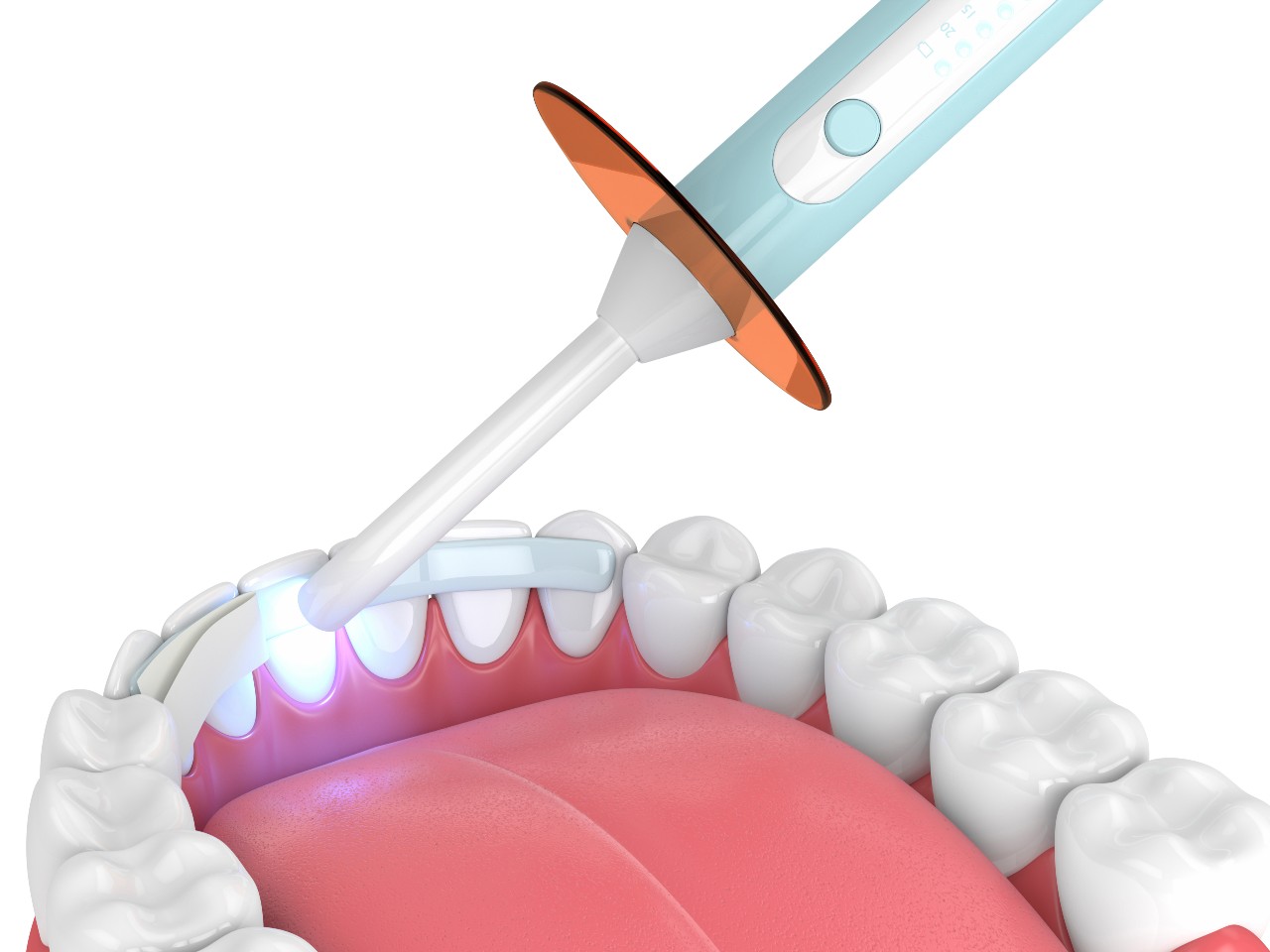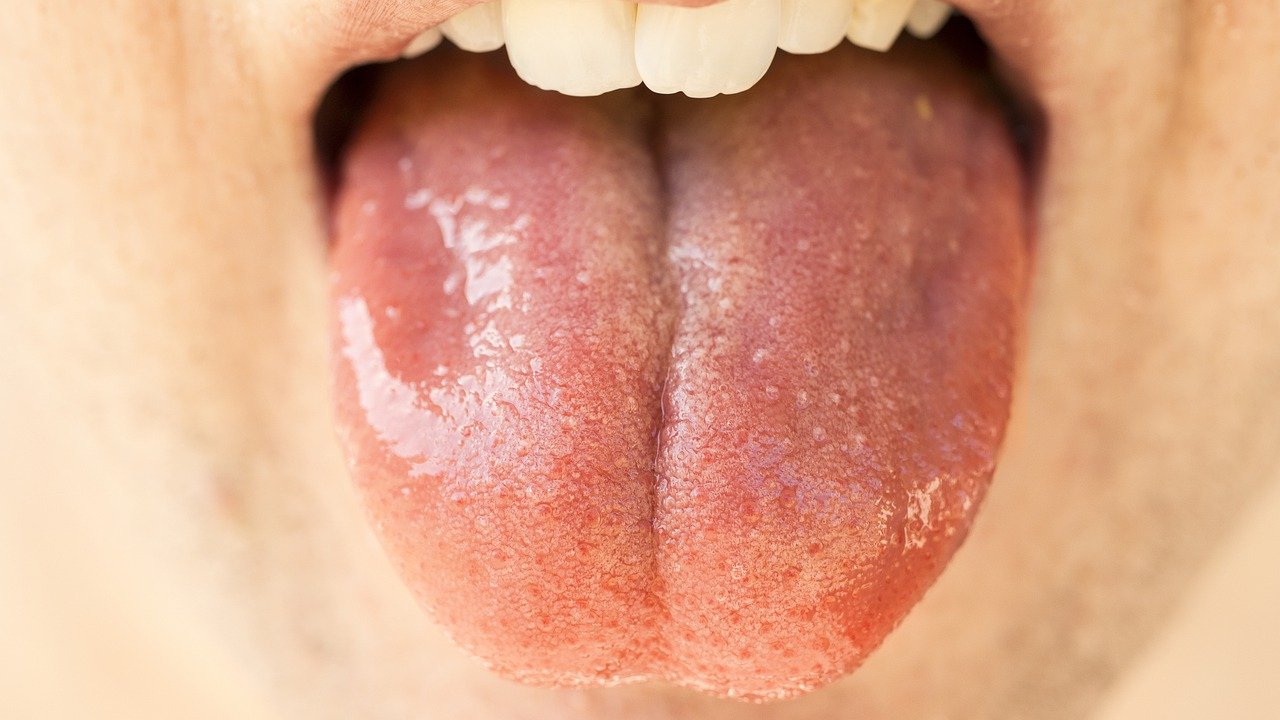Dental bonding can help to restore your smile and repair many cosmetic issues that bother you. Dental bonding is quick, durable, and can be less expensive compared to other cosmetic options. Dental bonding is a great solution for patients that want to change the length of a tooth, fix a chipped tooth, or close gaps between teeth. The procedure can be completed in one appointment and no anesthesia is required. Dental bonding does last, and the lifespan for dental bonding is between 5-10 years. The composite material can wear down over time depending on the wear and tear on the tooth.
How Does the Dental Bonding Process Work?
Dental bonding typically only requires one visit to our office and does not require any tooth enamel to be removed. During the bonding process, we gently etch your tooth using a mild acid solution. This helps to make the surface of the tooth rough and allows the composite material to properly bond to the tooth. The bonding is a tooth-colored material and this is applied to the area. Ultraviolet light is used to help cure the bonding. Once the bonding material is cured the tooth is polished and shaped to match the surrounding teeth. On average, bonding treatment can take between 30-60 minutes, and this depends on the severity of the correction, and the number of teeth needing treatment.
What Are the Benefits of Dental Bonding?
- Dental bonding is affordable compared to other cosmetic treatments.
- Treatment is less invasive with no local anesthesia.
- Can be done in one appointment.
- Can repair chipped, cracked, or uneven teeth.
- Can close gaps between teeth.
- Changes the shape of your teeth and provides a uniform smile.
- Is an alternative to amalgam fillings.
- Is tooth-colored material and blends in with your natural teeth.
Interested in Finding Out More About Dental Bonding?
If you are interested in learning more about dental bonding and how this treatment may benefit you, we encourage you to schedule a consultation with us. At Owings Mills Dentistry, we strive to provide quality dental care our patients can trust. We provide a calm environment where patients can relax during their dental treatment. Patients are treated like family, and we always ensure you have a positive experience. Let our dental team help you achieve the smile of your dreams with our dental bonding treatment.
To schedule your appointment contact Owings Mills Dentistry, and our friendly staff will be happy to assist you.




